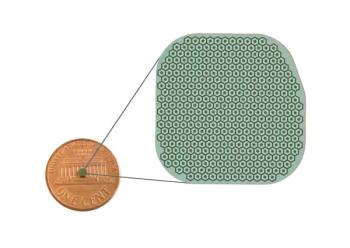
Study of truck drivers and DME shows vision loss, impact on income
Do you have truck-driver patients? Find out why they’re at higher risk for diabetes and resulting vision and income loss.
Chicago-A new
- Limited healthy food choices on the road.
- Limited opportunities to exercise.
- Unwillingness to start insulin therapy due to perceptions surrounding regulations on commercial vehicle operation and insulin use.
The study also found that the mean total annualized out-of-pocket costs for diabetes-and DME-related care was $4,743.
Hugh R. Parry, president and CEO of
Newsletter
Want more insights like this? Subscribe to Optometry Times and get clinical pearls and practice tips delivered straight to your inbox.



























